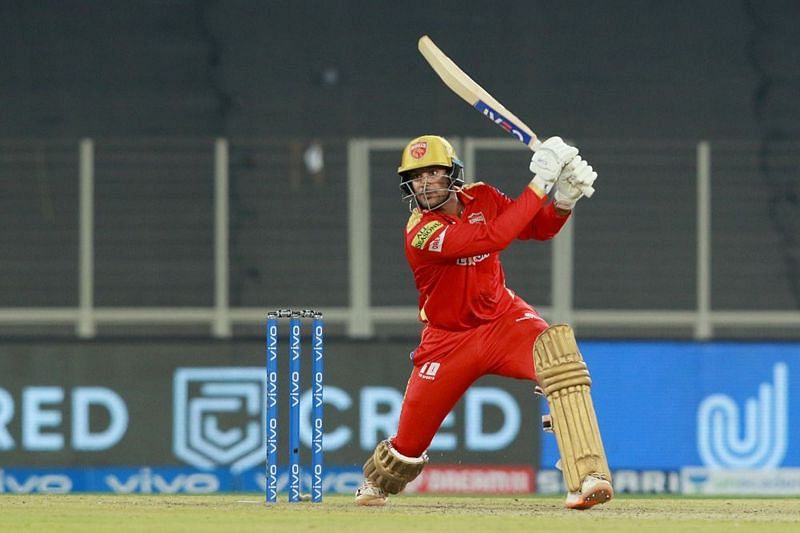
Mayank Agarwal, Sanju Samson and the irony of a Man of the Match award in a losing cause
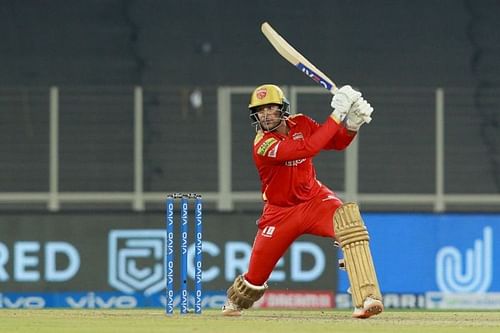
It feels like a decade, but only two weeks ago, Punjab Kings (PBKS) stand-in skipper Mayank Agarwal was adjudged the Man of the Match in an Indian Premier League (IPL) encounter against the Delhi Capitals (DC).
At first glance, it seemed like a reasonable decision. Mayank had waged a lone battle as the rest of the PBKS lineup withered around him and finished on an unbeaten 99. The narrative of him being the new captain of a team reeling from the absence of their biggest match-winner and leading run-scorer, KL Rahul, played into his hands as well.
But upon closer inspection, it could be argued that at no point did Mayank's innings threaten to have a bearing on the outcome of the match. Did he play a spectacular innings? Yes. Did he bravely put the team on his back and fight as his comrades let him down? Yes.
But did Mayank give PBKS a sure-shot chance of winning the game? Probably not. Was it a chanceless innings? No, Avesh Khan shelled a difficult catch at deep point within the first three overs of the powerplay.
The score PBKS eventually reached, 166, wouldn't have been anywhere near possible without Mayank. But it was never going to be enough on a friendly Ahmedabad surface against a formidable DC top order, especially with the threat of dew hovering ominously over the second innings. Rishabh Pant's side coasted to a seven-wicket win with 14 balls remaining and were always ahead of the game in the run-chase.
So why was Mayank Agarwal handed the Man of the Match award? There's only one possible explanation - he was the only PBKS player to stand out, while no DC player was deemed worthy of bestowing the accolade upon. While the first part of the explanation holds some weight, the second simply isn't true.
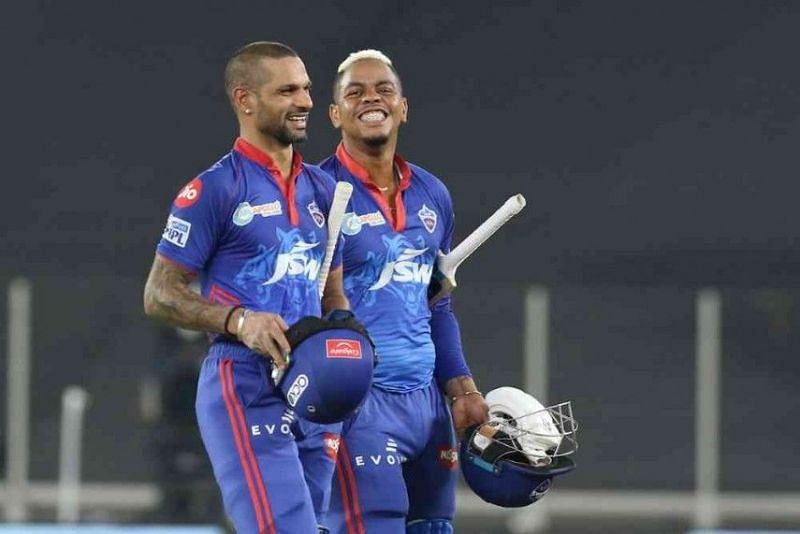
Kagiso Rabada scalped three wickets, including the crucial scalp of the in-form Chris Gayle. More importantly, Shikhar Dhawan anchored the chase with an unbeaten 69 off 47 balls, making sure that the relatively untested DC middle order didn't have undue responsibility put on their shoulders.
Is an unbeaten 69 in a successful run-chase a more telling contribution than a 99 in the first innings, irrespective of the difference in percentage of the team's runs each knock contributed to? It wouldn't be a stretch to say that it is.
Dhawan rose to the occasion just as much as Mayank did, even if it wasn't a single-handed display of unadulterated batting mastery. And in what is a fact of paramount importance, he won his team the game, which was never even close because of his efforts.
Now this throws up an interesting question. If the match had gone down to the last ball, or even the last over, would it have been easier to accept Mayank as the Man of the Match? It's prudent to examine the case of Sanju Samson in Match 4 of the same tournament.
Sanju Samson's 119 - A captivating tale of chance, thrill and agony
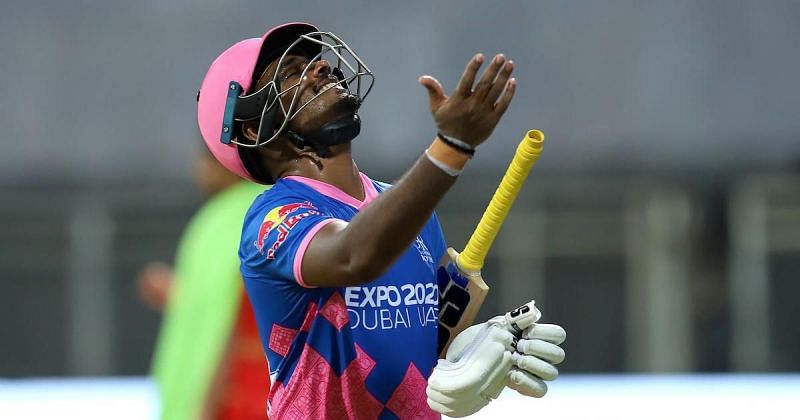
Sanju Samson nearly took the Rajasthan Royals (RR) over the line in his first match as IPL skipper. He was a few feet short of a historic result, one that would've not only justified his decision to not take a single off the penultimate ball but also given his team the perfect start to the tournament.
Samson walked away with the Man of the Match award for his 119, which was no doubt a spectacular innings. But in this case, KL Rahul - who scored 91 at a similar strike rate - and Deepak Hooda - whose 64 off 28 effectively put PBKS in the driving seat - would have been left aggrieved.
Were the 28 runs Samson scored more than Rahul enough of a reason to give him the Man of the Match award? If he hadn't refused Chris Morris the single and watched helplessly from the non-striker's end as RR faltered, would the trophy have still gone to him? Should the fact that PBKS shelled three simple catches that could've dismissed Samson have a bearing on the Man of the Match award?
These are all questions that don't have a clear-cut answer. At the end of the day, Samson was the highest-scoring batsman in the game. He played one of the greatest IPL innings of all time, and he was the only thing standing between Rahul and a partisan PBKS victory.
But arguably the most telling reason behind Samson getting the Man of the Match award was the pure, heart-wrenching emotion involved.
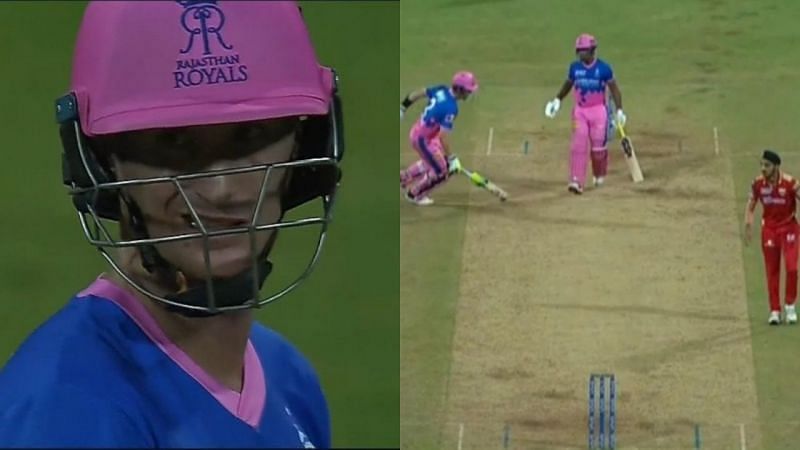
The new skipper cast a solitary figure as his team leaked well over 200 runs in the absence of lead pacer Jofra Archer. Wickets tumbled at one end in the run-chase, with Samson rather resignedly keeping RR in the hunt.
Once Samson refused the single, Morris threw his head back in an outpouring of disbelief. Samson was steely-eyed at the time, but even he couldn't contain his disappointment after the final ball found a fielder in the deep.
Storylines played a massive part in Samson receiving the Man of the Match award. His gutsy decision in the final over and the manner in which he took responsibility in his first game as captain drew the respect of cricket fans around the world, including the commentators.
Objectively speaking, did Rahul, Hooda or even Arshdeep Singh - who held his nerve in the final over to finish with three wickets - deserve the Man of the Match award more than Samson? Probably. But history suggests otherwise.
The IPL's sketchy history with Man of the Match awards in a losing cause
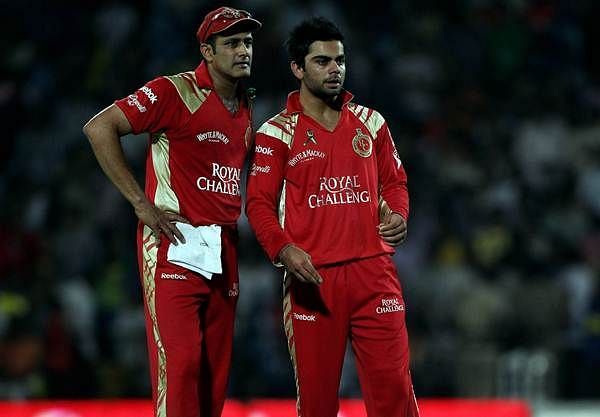
Over the 13 and a half seasons of the IPL, 17 players have won the Man of the Match award after finishing on the wrong end of the result. There has been a stark inconsistency in decision-making, which is somewhat understandable since the panel that decides the post-match awards changes in every game.
Some are tough to dispute.
Adam Zampa's 6/19 came for the Rising Pune Supergiant in a game which went to the last ball. No Sunrisers Hyderabad batsman crossed 33. Ashish Nehra, bowling the last over to MS Dhoni, took two wickets (and three in the match) but needed a run-out to see the back of the former Indian captain.
Yusuf Pathan powered the unfancied Rajasthan Royals to within four runs of the Mumbai Indians' total with an astonishing display of power-hitting (100 off 37). No MI batsman crossed 55, and no bowler took more than two wickets.
Yuvraj Singh has two IPL Man of the Match awards in a losing cause - (50 off 34 and 3/22, lost by 8 runs) and (66* off 32 and 4/29, lost by three wickets with four balls remaining). In the first match, the opposition's highest individual score was 27 and the best bowling figures were 2/25. In the second, 46 and 2/39.
But others have defied logic.
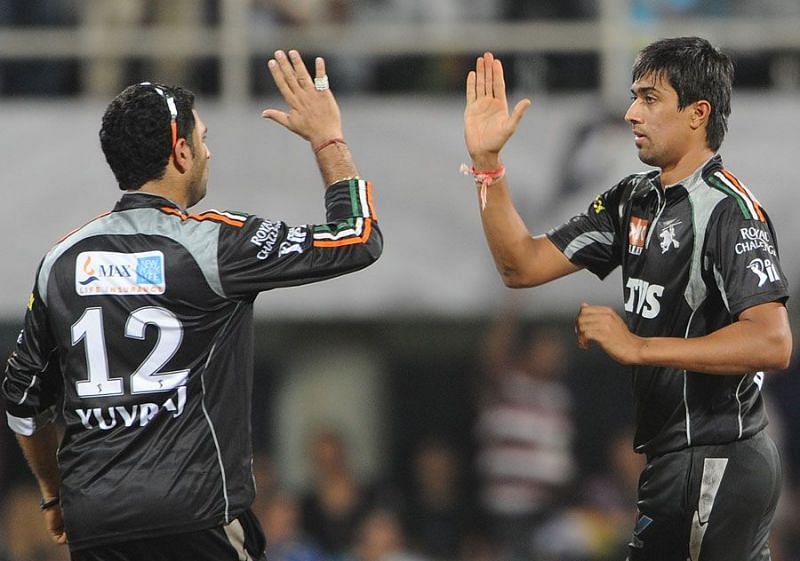
In 2012, Dale Steyn was adjudged the Man of the Match in a game against MI for figures of 2/10. While his fiery, economical spell caught the eye, MI cantered home with almost two overs and five wickets to spare. Lasith Malinga took 4/16 in just 3.4 overs, while Harbhajan Singh bowled a similar spell to Steyn's (2/13). Rohit Sharma essayed a calm 42 in the chase.
One year earlier, Rahul Sharma was the Man of the Match against MI for astonishing figures of 2/7 in four overs. But the Pune Warriors fell short by 21 runs, with Malinga taking three and Tirumalasetti Suman exploding for a match-changing 36 off 16 balls.
Recognizing the value of economical spells, which are as important as wicket-taking ones, is worthy of appreciation. But not at the cost of discounting the merit of contributions that result in a win, especially considering batsmen are never given Man of the Match awards for sparkling 20-run cameos that - in the overall context of the game - are just as important as a teammate's 60.
Man of the Match awards in a losing cause acceptable only in truly extraordinary cases
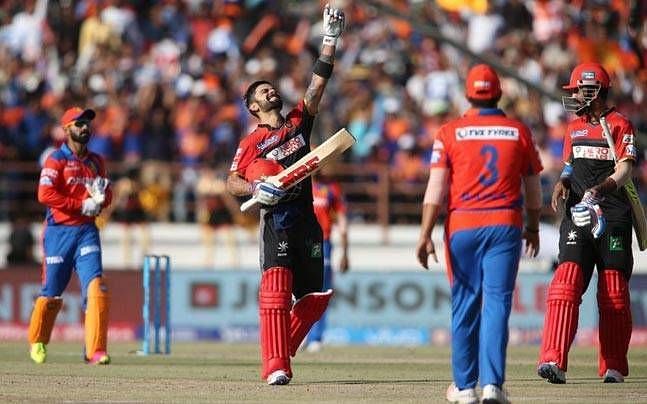
The irony of handing someone a Man of the Match award in a losing cause stands out. Rarely will you see a player accept the trophy in good conscience; the obligatory "I would've traded this award for a team win" or "Unfortunately, we didn't get points today" casts a damp shadow over the post-match presentation.
The precedent needs to be set when it comes to handing out Man of the Match awards in a losing cause. A extra few runs or wickets, here and there, aren't enough to justify taking away from the men who've put in everything to help their team win.
The definition of a Man of the Match award doesn't have any influence from the result. But it's an unspoken truth that it isn't always given to a player who was the best on the night, without any emphasis on the outcome of the match.
The sympathy that inevitably blooms within our hearts when we see a valiant effort go in vain mustn't make us lose sight of the bigger picture - which team won the game and who was the best player from that team.
It's true that the Man of the Match award doesn't have much significance in the bigger picture; it's just a way to recognize an achievement or make the player - and the team - feel good about themselves. But it's still an essential part of cricket at the moment, with large sums of money and recognition involved in its presentation.
In truly extraordinary cases, where the player achieves something unprecedented and absolutely no one from the (narrowly) winning team even comes close, it's admissible. But otherwise, Man of the Match awards in a losing cause cannot be carelessly handed out.